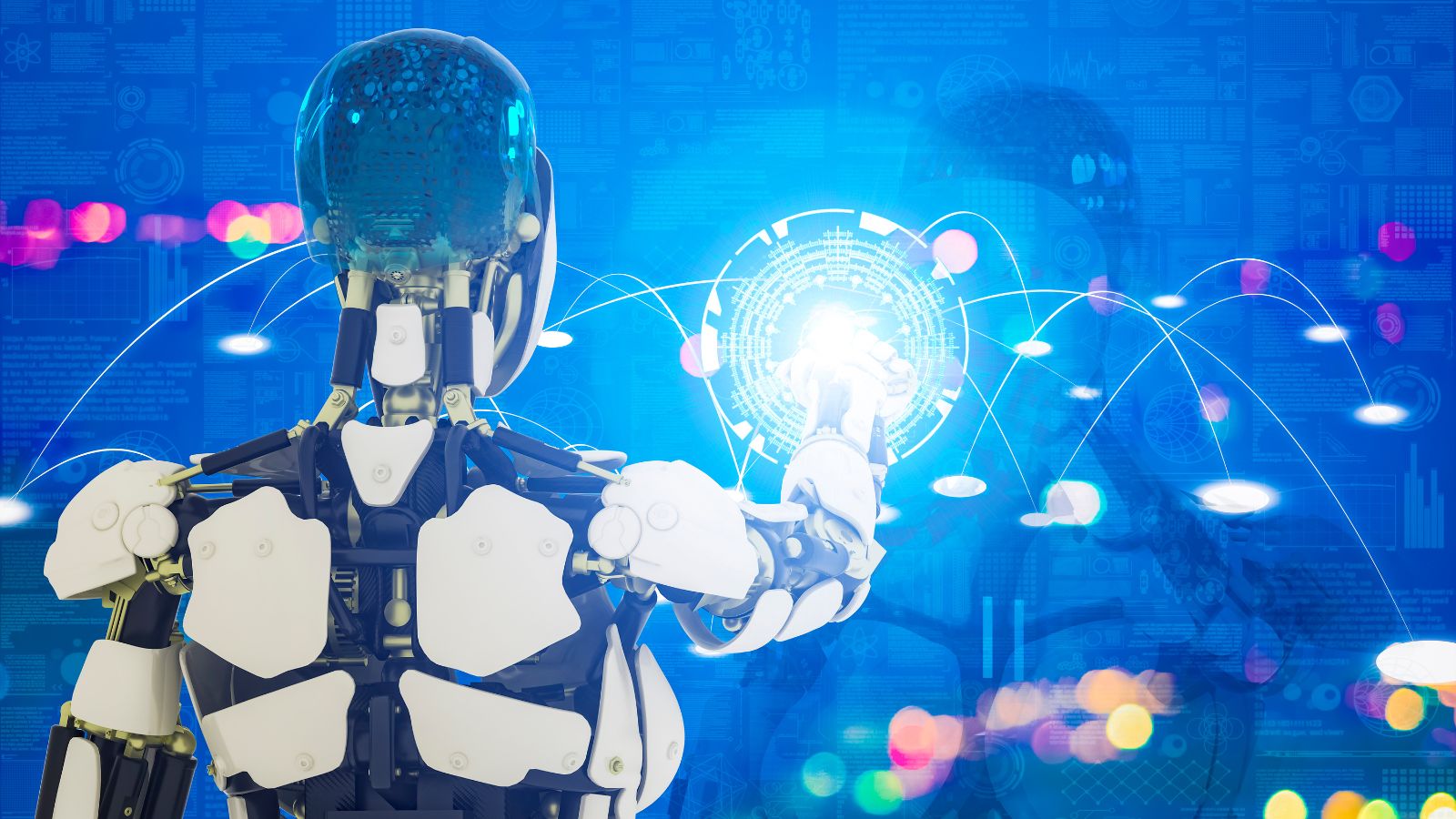In recent months, “AI agents” have gone from intriguing research concepts to practical tools reshaping how businesses operate. Unlike traditional AI systems that require manual inputs at every step, AI agents are autonomous software entities that can perceive their environment, set goals, and carry out complex tasks—often coordinating with other agents or external systems along the way. As organizations race to digitize and personalize their offerings, these intelligent assistants are proving indispensable for streamlining workflows, enhancing customer experiences, and uncovering insights at unprecedented speed.
What Exactly Are AI Agents?
At their essence, AI agents blend large language models (LLMs), machine-learning algorithms, and decision-making frameworks to perform multi-step processes with minimal human oversight. They can:
- Ingest and interpret data from diverse sources (e.g., CRM records, social-media feeds, IoT sensors).
- Plan actions to achieve defined objectives—whether that’s triaging customer support tickets, generating personalized marketing content, or rebalancing ad spend across channels.
- Adapt on the fly, learning from outcomes to refine future strategies or escalate issues to humans when needed.
This “agentic” approach represents a significant leap from one-off AI calls (like asking a chatbot for information) to resilient, goal-oriented systems that orchestrate end-to-end processes. As McKinsey recently observed, agentic AI can coordinate across multiple tools and workflows, reducing manual review cycles by 20–60% in complex enterprise settings.

Why Are AI Agents Trending Now?
Several converging factors explain the sudden spotlight on AI agents:
- Maturation of LLMs: Models like GPT-4 and its successors have reached a level of fluency and reasoning that makes reliable autonomous decision-making feasible.
- Tooling Ecosystems: For instance, Retool agents now offer developers prebuilt scaffolding—APIs, event handlers, dashboards—to rapidly deploy, monitor, and iterate on AI agents without reinventing the wheel.
- Cloud and Compute Advances: Cost-effective access to high-performance GPUs and elastic cloud infrastructure allows organizations of all sizes to run multiple agents concurrently.
- Data Availability: With better pipelines in place, real-time data streams flow seamlessly into agent workflows, fueling dynamic personalization and adaptive strategies.
Together, these trends have shifted AI agents from experimental prototypes to production-ready capabilities that businesses can integrate into daily operations.
Key Use Cases Driving Adoption
- Customer Engagement & Support
AI agents can autonomously handle routine inquiries—ranging from order status checks to basic troubleshooting—in multiple languages. By elevating queries they can’t resolve to human agents, they free support teams to tackle higher-value issues, while ensuring 24/7 responsiveness. - Personalized Marketing & Sales
Rather than static segmentation, AI agents analyze customer behavior in real time and tailor offers or content on the fly. For instance, an agent might detect that a visitor is comparing eco-friendly products, then dynamically generate region-specific ad copy and email sequences optimized for that segment. - Operational Automation
Behind the scenes, organizations deploy AI agents to balance supply chains, forecast inventory needs, or reallocate marketing budgets according to performance metrics. Those agents can execute decisions—like shifting ad spend from underperforming channels—within minutes, maintaining agility in fast-moving markets. - Data Analysis & Reporting
Rather than waiting for weekly or monthly dashboards, AI agents continuously ingest new data, surface emerging trends, and even draft executive summaries or alerts when anomalies appear. This proactive insight engine helps leaders capitalize on opportunities or mitigate risks without delay.
Benefits and Business Impact
- Speed and Scale: Agents work around the clock, scaling effortlessly to handle peaks in demand or data volume.
- Consistency: With standardized decision logic, agents apply policies uniformly, reducing human error.
- Cost Efficiency: Automating repetitive tasks cuts labor costs and minimizes expensive manual interventions.
- Innovation Enablement: By offloading routine workflows, AI agents free teams to focus on strategic, creative, or high-complexity projects.
According to a recent survey, enterprises that integrate AI agents into core processes report up to a 40% boost in operational efficiency and a 25% faster time-to-market for new initiatives.
Challenges and Considerations
While promising, AI agents introduce new governance and ethical dimensions:
- Transparency and Explainability: As agents make autonomous decisions, organizations must ensure their logic is auditable—especially in regulated industries.
- Data Privacy: Agents often require broad access to sensitive information; robust access controls and compliance checks are vital.
- Human-in-the-Loop: For high-risk scenarios (e.g., pricing adjustments or legal communications), it’s prudent to incorporate human approvals or override mechanisms.
- Bias and Fairness: Continuous monitoring is needed to detect and correct any unintended biases in agent behavior.
By establishing clear guardrails—such as audit logs, performance metrics, and periodic ethical reviews—businesses can harness AI agents responsibly and maintain customer trust.
Looking Ahead: The Next Frontier
As AI agents evolve, we can anticipate:
- Multiagent Collaboration: Swarms of specialized agents will coordinate seamlessly—one handling customer outreach, another optimizing logistics, and yet another analyzing financial implications—creating end-to-end autonomous workflows.
- Deeper Integration with Emerging Tech: Agents will increasingly tap into augmented reality (AR) interfaces, IoT device networks, and even robotic process automation (RPA) to extend their reach beyond digital channels.
- Adaptive Learning Frameworks: Future agents will refine their own heuristics, negotiating with peers and asking targeted questions to human experts only when truly necessary.
Organizations that invest now in scalable, agent-centric architectures—leveraging platforms like Retool agents for rapid prototyping—will be best positioned to capture these advantages and maintain a competitive edge.
Conclusion
AI agents represent a paradigm shift: from human-driven workflows punctuated by occasional AI calls to autonomous, goal-oriented systems that operate continuously across an organization’s digital landscape. By combining state-of-the-art LLMs, robust orchestration platforms such as Retool agents, and thoughtful governance frameworks, businesses can unlock unprecedented efficiency, personalization, and innovation. As these technologies mature, they will define the next wave of digital transformation—empowering enterprises to move faster, adapt smarter, and deliver more meaningful experiences to customers worldwide.





























































